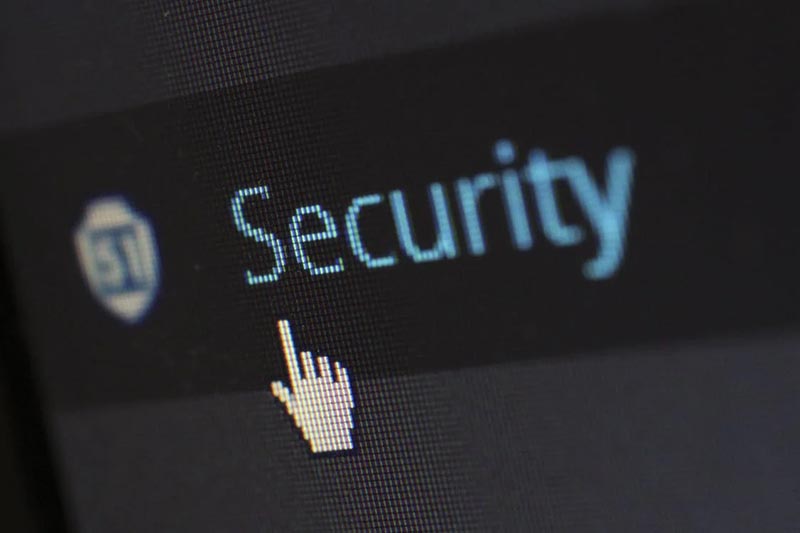Basic Internet safety rules are now more important to follow than ever before. Hackers are on the lookout for personal information that can be used to access credit card and bank credentials, and social media trolls are finding new ways to destroy your reputation and steal your identity. Unsafe surfing can create a trail of embarrassing details about you that can be impossible to erase. Stay safe by following some basic guidelines:
Be password savvy. Password security is one of the most often abused rules on the internet. Choose strong passwords (rather than using “1234567”) and change them regularly. Make passwords at least 15 characters long, and mix letters, numbers, and special characters together. You can use a password manager to help you remember and use passwords properly.
Limit personal information. Whether professional or personal, contacts don’t need any more information than how to get in touch with you. Do not hand out personal information like your address, social security number, or any financial information online.
Maintain your privacy settings. Marketing companies want to know all about you so that they can sell you products, but hackers will use this same information to infiltrate your internet security. Protect your privacy online by enabling the safeguards provided by browsers and social media websites to protect your privacy and make it harder for hackers to find out about you.
Browse safely. The pitfalls of browsing can be hard to see, but one careless click could expose personal information or infect your device with malware. Resist the urge to follow links to sites you don’t know and never open an unsolicited email or click on a link within an email from someone you don’t know.
Use a secure connection to access the internet. When your private network connects to the outside world, you create what is referred to as an “endpoint”. Your internet connection can be a vulnerable endpoint, so it’s crucial to make sure your devices are secure and to choose not to use public WiFi to share important information like your bank account number. Wait until you are at home or somewhere that you know provides a secure connection. You can also use a secure VPN (virtual private network) that cannot be monitored or access any of the data you are exchanging.
Download carefully. Anything you download – programs or apps, images, games – can carry malware or attempt to steal your information. Only download items from sites you trust and avoid suspicious-looking downloads.
Purchase items from secure sites. Only supply credit card or bank account numbers to sites that provide secure, encrypted connections. You can identify these sites by their address: addresses that start with https: rather than http: are secure (the “s” stands for “secure”). Some are also marked by a padlock icon next to the address bar.
Be careful what you post. Be careful not to post anything you might regret or make comments you wouldn’t want everyone to hear, like when you might be out of town. A good rule of thumb is not to post anything you wouldn’t want your mom, your employer, or a complete stranger to know about you.
Keep antivirus software current. While internet security software cannot protect you against every threat, it can help to detect and remove most malware. Make sure your software is up-to-date so that it can identify and eliminate the most current threats to your security, and stay current with your operating system’s updates and updates to applications that you use.
Research information through alternative sources. One of the newest threats on the internet is the spread of misinformation. Not only can the spread of misinformation hurt you and your loved ones, but it can also land you in a lot of trouble. Social media sites have begun to track down and hold those who spread false information accountable. No matter what source you access for your news and information, do your due diligence and make sure that the information you choose to share online is true and accurate.
Follow these basic rules online for the safest possible internet experience and make the most of technology!







